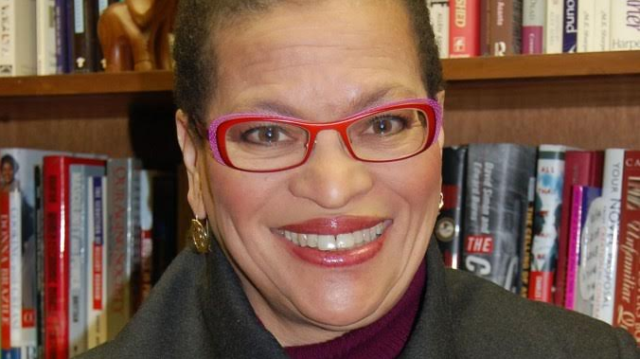Why are we ignoring our children?
April 15, 2023
The recent massacre of three students and three adults in Nashville is alarming. How and why did a former student invade the school, locked and loaded with an automatic weapon, and ruthlessly kill innocent students and their caretakers? While it is useless to speculate on the thought process that led someone to kill people, perhaps to make a statement, it is clear that the multiple school shootings that have taken place in the last several months have encouraged many to continue the trend by executing shootings of their own.
In the wake of the March 27 Nashville shooting, we were treated to the usual rhetoric of “thoughts and prayers” and even calls for stronger gun legislation. But the gun lobby is so strong and gun-toting zealots so politically powerful that attempts to limit the availability of automatic weapons get caught in the political crossfire. Anyone can offer thoughts and prayers. Who is willing to change policy to protect our students?
While I am wondering how students are reacting to the ever-present school shootings, the American Association of Pediatrics (AAP), the American Academy of Child and Adolescent Psychiatry (AACAP) and the Children’s Hospital Association declared a national emergency in children’s mental health two years ago, citing the severe toll of the COVID-19 pandemic on top of existing challenges. While their report does not explicitly reference school shootings as part of the problem, Lee Savio Beers, AAP President, said, “Young people have endured so much throughout this pandemic, and while much of the attention is often placed on its physical health consequences, we cannot overlook the escalating mental health crisis facing our patients.” The mental health crisis shows up through increasing incidences of child suicide, the second leading cause of death for young people 10-24 in 2018. The number has likely increased since we have experienced much disruption since the COVID epidemic that shifted life paradigms between 2019 and 2021. If adults have problems handling this disruption, how do we think our children and young adults are faring?
“We are caring for young people with soaring rates of depression, anxiety, trauma, loneliness and suicidality that will have lasting impacts on them, their families, their communities and all of our futures,” said AACAP President Gabrielle A. Carlson, M.D. “This is a national emergency, and the time for swift and deliberate action is now.” The 2021 report noted that young people in communities of color had been impacted by the pandemic more than others and how the ongoing struggle for racial justice is inextricably tied to the worsening mental health crisis. When young people witness the heinous killings of Black motorists or people simply “walking while Black,” how does it affect their mental health?
While our attention is focused on young people who are students, we have often ignored the children who, as young as twelve or thirteen, are working in unsafe environments. There are federal child labor laws that restrict the hours that those under 16 can work, especially during school hours. Too many employers ignore the rules and are rarely held accountable. The National Child Labor Coalition has documented the reckless use of children in manufacturing plants, especially automobile manufacturing plants in Alabama (Kia and Hyundai are especially egregious violators). Nearly half of all employed children work in agriculture, where they are exposed to, among other things, life-threatening pesticides. While laws prevent child labor, enforcement is lax when regulatory agencies are understaffed.
Louis Hine photographed jarring images of children working in agriculture, mines, and other dangerous places. His work, much of which was documented at the turn of the 20th century, was responsible for the child labor legislation from 1912, and was part of the Fair Labor Standards Act in 1938. Our nation is moving backward in protecting children, but that is no surprise since we are going backward using legislation to prevent exploitation.
Still, too many of us mouth the platitude that we believe that children are the future while ignoring our children’s mental health in the classroom, the workplace and the world. Our indifference to our young people will likely result in their indifference to us a decade or two from now. Can we expect the young people we have ignored to protect our Medicare or Social Security? Why should they care for us when we have not cared for them?







